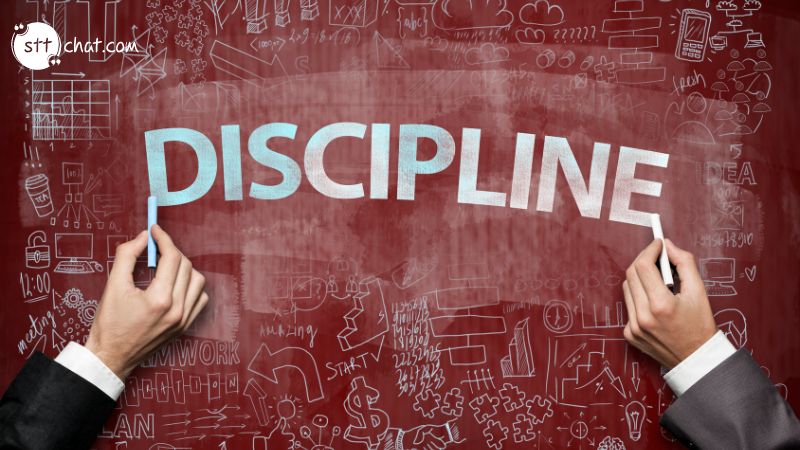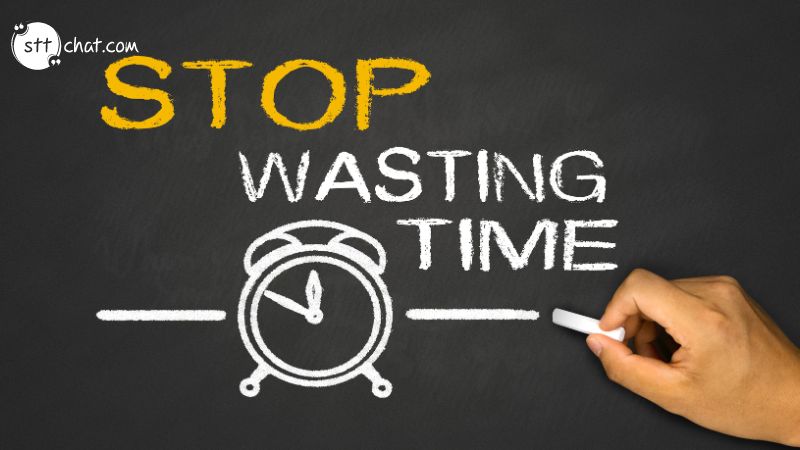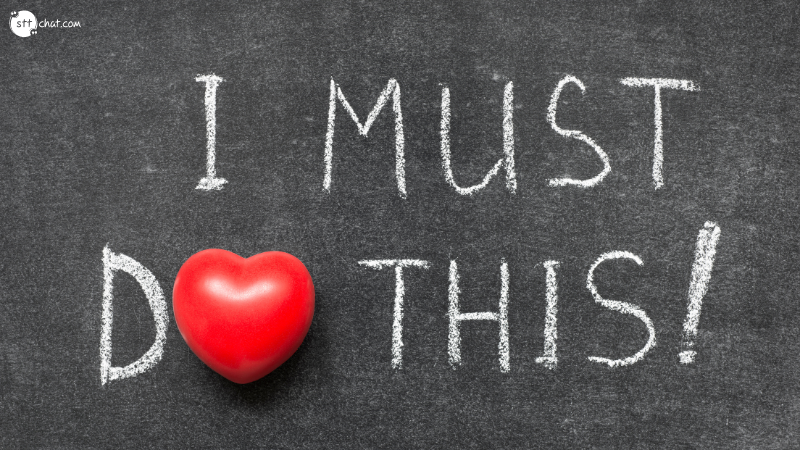The Importance of Early Experiences and Guided Practices
For some, a Crucible experience—a life-altering event that tests one’s limits—may provide an early lesson in resilience. Such experiences often come unexpectedly, forcing individuals to confront fear, panic, or even the brink of disaster. Emerging from these situations can indeed foster resilience, but this is not the ideal or safe path for everyone. People shouldn't have to face danger to learn how to navigate stress and anxiety. The real challenge is providing everyone, regardless of their life experiences, with tools to manage their mental and physical states effectively.
The Missing User Manual for the Brain
One of the fundamental issues in our culture is the lack of education on how to operate our minds and bodies. We know that stress, anxiety, and disorders like ADHD are prevalent, but the solutions offered often remain vague and high-level, such as meditating or getting enough sleep. While these are important, they don’t always address the immediate need for tools that can be used in real-time to manage stress or enhance focus. Understanding the brain's physiological mechanisms can offer a more concrete approach to mental wellness—one that works consistently and reliably.The Sleep-Wake Continuum: A Key to Managing Stress
When considering mental and physical health, it's essential to evaluate where we are on the continuum between alertness and sleep. As a society, we spend significant time discussing the importance of sleep, hydration, exercise, social connections, and nutrition. These foundational practices are crucial for overall well-being, acting as the sturdy hinges on which our daily lives swing. Without these basics, managing stress becomes increasingly difficult, leading to erratic mental states and heightened anxiety.Real-Time Tools for Adjusting Mental States
While foundational practices are essential, the real power lies in mastering real-time tools that allow us to adjust our mental states on the fly. Techniques like ice baths, Tummo breathing, or running up a steep hill can teach the body to transition from high alert to calm quickly. These practices train us to manage our internal environment—our mental and physical states—without relying on external substances or supplements.The ability to make these adjustments in real time is where true confidence stems from. For example, public speaking can be a nerve-wracking experience, even for seasoned professionals. The key to success isn’t in avoiding the nerves but in learning how to manage them effectively when they arise. The same applies to any stressful situation. Instead of seeking external solutions like supplements or medications first, mastering these internal adjustments can provide a solid foundation for mental resilience.
Confronting Fear: Leaning Into Challenges
When faced with anxiety-provoking scenarios, whether in a controlled environment like virtual reality or real life, individuals often experience heightened autonomic arousal—an increased heart rate, sweating, and rapid breathing. Surprisingly, those who lean into their fears, confronting them rather than avoiding them, often exhibit the highest levels of arousal. This might seem counterintuitive, but it demonstrates a powerful concept: By facing what scares us, we can harness and even transform that fear into focused energy.
The Power of Subjective Rewards
Achieving long-term goals requires more than just determination; it demands that we find ways to make the process enjoyable, or at least bearable. For example, when starting a fitness routine, the initial steps are often the hardest. By rewarding ourselves during the most challenging parts—like the strain of a tough run—we train our brains to associate these difficulties with positive outcomes. This shift in mindset can make previously daunting tasks feel more achievable and even enjoyable over time.Cultivating Skills for Life’s Challenges
In essence, resilience is about more than just enduring hardships; it's about mastering the art of navigating life’s ups and downs with a sense of control and confidence. Whether it's waking up and managing the surge of cortisol that comes with the start of a new day or calming ourselves down after a stressful event, these are skills that require practice and intentionality.Rather than simply telling people to "be resilient" or "stay mindful," we should focus on teaching the concrete actions that lead to these states. It's about understanding and controlling our mental and physical responses in real-time, not just in theory. By mastering these techniques, we can approach life's challenges with a calm, focused mind and a resilient spirit, ready to take on whatever comes our way.






